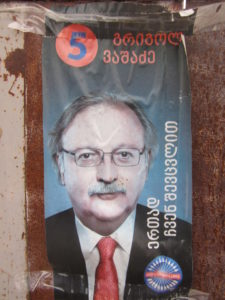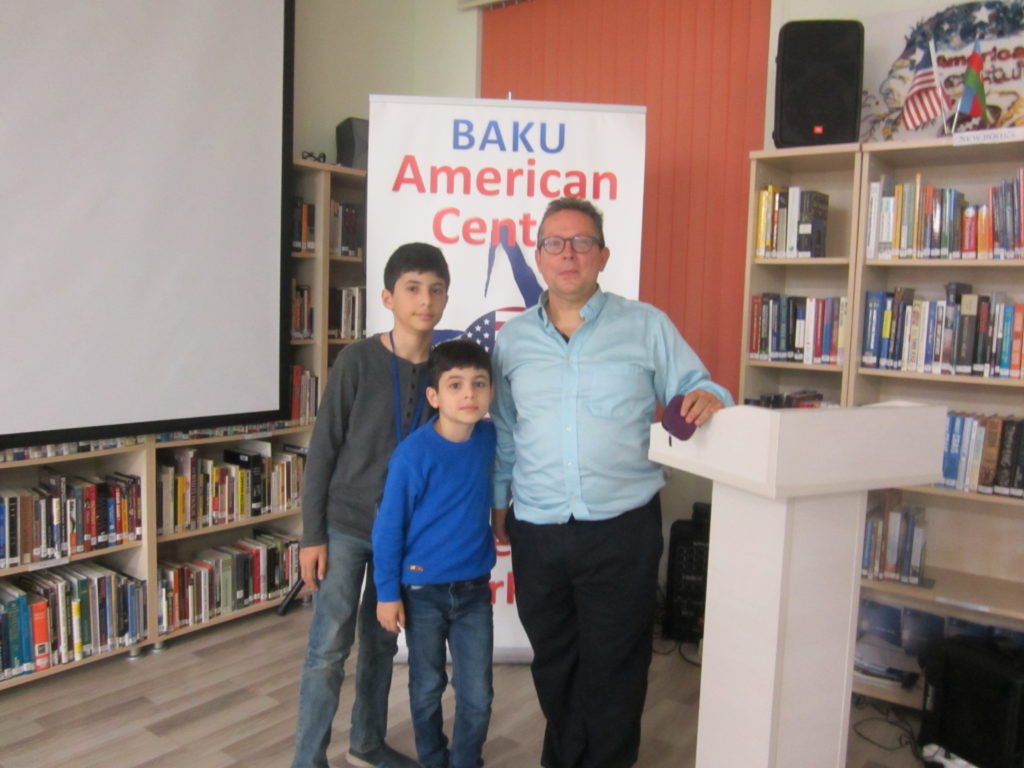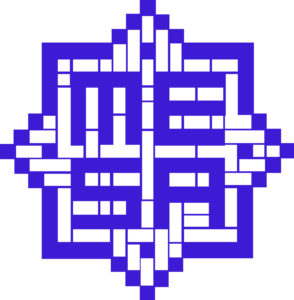 Associate Professor of Middle Eastern History Dr. Nabil Al-Tikriti served as an election monitor for the second round of the Georgia presidential elections, Nov. 24 – Dec.1. Joining 32 other Americans in the U.S. delegation some 250+ observers total, Al-Tikriti worked as an OSCE (Organization for Security and Cooperation in Europe) STO (Short Term Observer) in 8-9 rural villages and the main town in the somewhat remote mountains around Tsagera. His observation partner was a Czech diplomat based in Prague. For more information on these Georgian
Associate Professor of Middle Eastern History Dr. Nabil Al-Tikriti served as an election monitor for the second round of the Georgia presidential elections, Nov. 24 – Dec.1. Joining 32 other Americans in the U.S. delegation some 250+ observers total, Al-Tikriti worked as an OSCE (Organization for Security and Cooperation in Europe) STO (Short Term Observer) in 8-9 rural villages and the main town in the somewhat remote mountains around Tsagera. His observation partner was a Czech diplomat based in Prague. For more information on these Georgian
elections, and OSCE’s support of these elections, please see: https://www.osce.org/odihr/elections/georgia/396326
In the course of his visit, Al-Tikriti also spent two days in Zestafoni, a former industrial base in central Georgia, and two days in the capital Tbilisi, where observers carried out preliminary briefings. Upon the conclusion of the elections, he spent a day visiting a cave, churches, and historical sites around Kutaisi, Georgia’s second city.
In the election itself, backed by the ruling Georgian Dream party, Georgia elected its first female president, former French diplomat Salome Zurabishvili. She claimed victory over opposition candidate Grigol Vashadze, winning approximately 59% of the vote.
This is the 13th OSCE-monitored election Al-Tikriti has observed since 1997.

